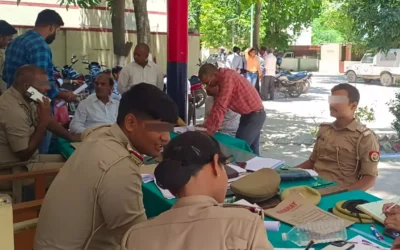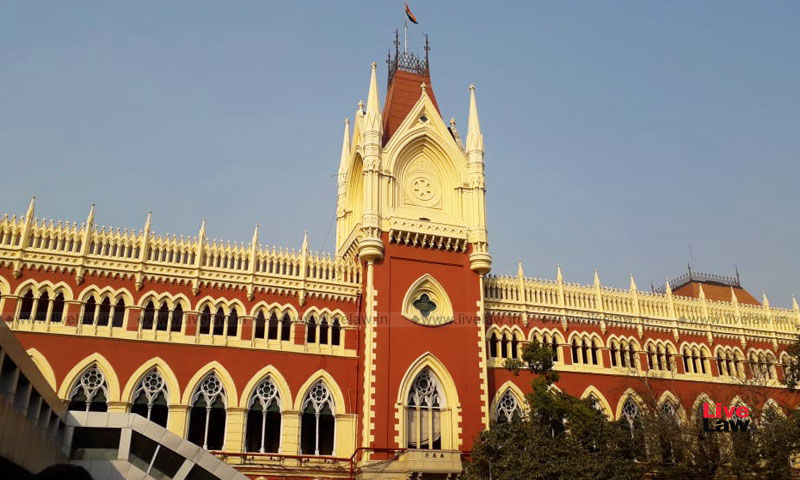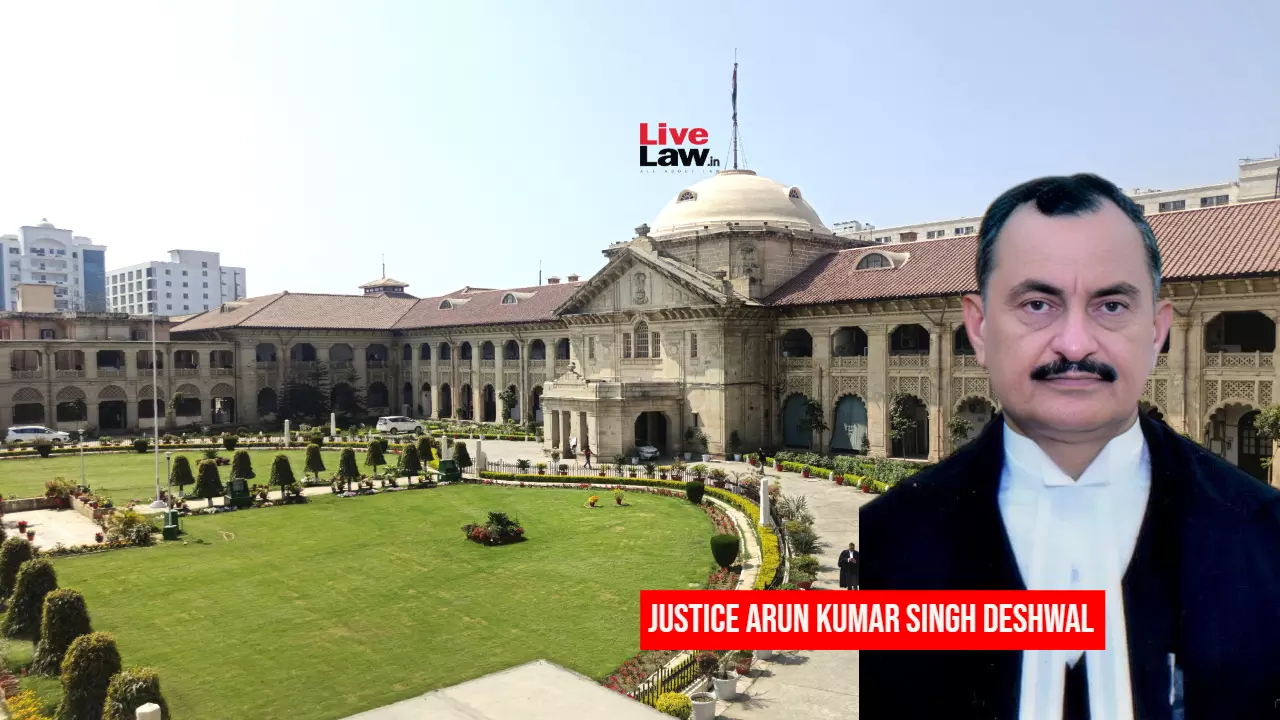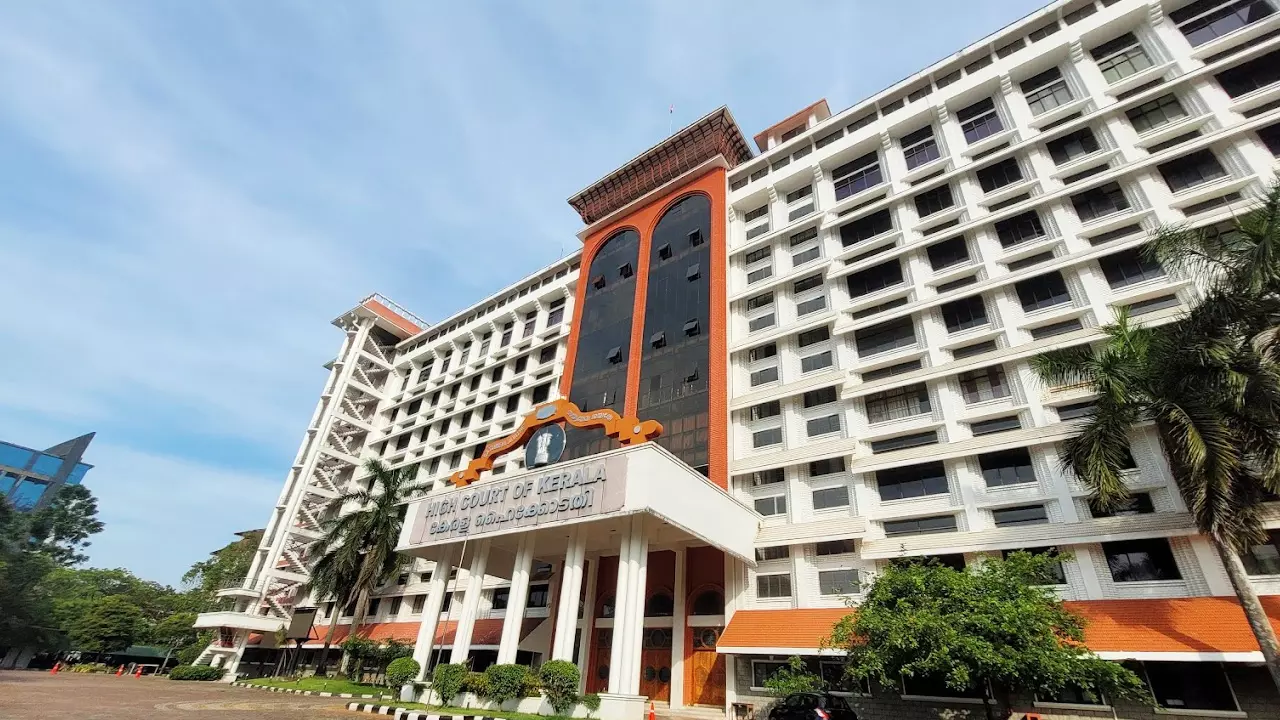1975 Emergency In India| “Horrible Mistake & Darkest Period For Liberty”: Legal Experts
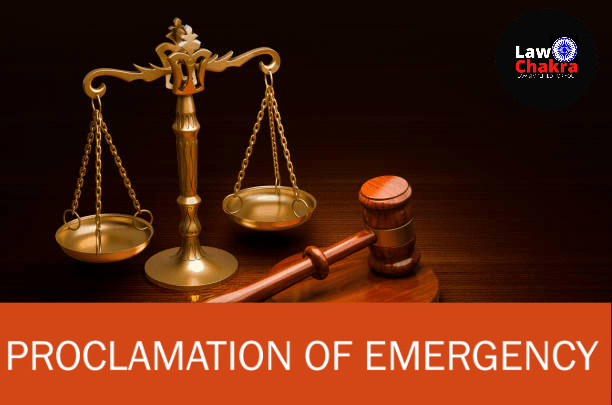
Thank you for reading this post, don’t forget to subscribe!
Prominent legal experts consider the Emergency declared on the midnight of June 25, 1975, as a “horrible mistake” and the “darkest period” for liberty in independent India. It severely impacted the country’s democratic values and institutions.
The proclamation of Emergency on the midnight of June 25, 1975, is regarded by prominent legal experts as a “horrible mistake” and the “darkest period” for liberty in India’s post-independence history.
They say the 21-month Emergency, which was imposed 50 years ago, was a major blow to India’s democracy and had a deep impact on the country’s democratic institutions.
Senior advocate Rajeev Dhavan, stated,
“The Emergency was a horrible mistake. Its major lesson is that constitutional power should never be personalised. That is also a message to our present rulers. Tyranny is anathema. The people of India stood up against it. And they always will,”
Constitutional law expert and senior advocate Rakesh Dwivedi noted that the 1975 Emergency had both political and judicial implications.
In the 1976 ADM Jabalpur case, a five-judge Constitution bench of the Supreme Court, by a majority of 4:1, upheld the suspension of fundamental rights during the Emergency.
The majority opinion, led by Chief Justice A N Ray and Justices M H Beg, Y V Chandrachud, and P N Bhagwati, determined that the right to seek legal remedy for violations of Article 21 was suspended during this period.
In contrast, the lone dissenter, Justice H R Khanna, argued that the right to life and liberty is inherent and not merely a constitutional grant.
The 1975 ruling in State of Uttar Pradesh v. Raj Narain preceded the ADM Jabalpur decision. On June 12, 1975, Justice Jagmohanlal Sinha of the Allahabad High Court found Indira Gandhi guilty of electoral malpractice, barring her from holding any elected office under the Representative of Peoples Act. This verdict is widely believed to have triggered the imposition of the Emergency.
Dwivedi remarked,
“This darkest period (of Emergency) for liberty in India’s history post-independence was marked by both political abuse of constitutional powers and authoritarianism by Congress leadership under Indira Gandhi as well as … atrocious judicial response of Supreme Court amounting to surrender before authoritarianism,”
He also referred to the landmark Kesavananda Bharati case, where the 1973 ruling on the “basic structure” doctrine limited Parliament’s power to amend the Constitution and empowered the judiciary to review any amendments.
Dwivedi emphasized that active public vigilance is essential to safeguard constitutional democracy, while Dhavan noted that power can corrupt and that absolute power is unacceptable.
Dhavan added,
“The message is never again, now or ever,”
In the nine-judge “Right to Privacy” ruling in 2017, the bench effectively overruled the ADM Jabalpur decision, asserting,
“The judgments rendered by all the four judges constituting the majority in ADM Jabalpur are seriously flawed. Life and personal liberty are inalienable to human existence.”
The bench stated that while some judicial decisions must be remembered, others should be forgotten, declaring,
“ADM Jabalpur must be and is accordingly overruled.”
Senior advocate Vikas Pahwa regarded the Emergency from June 1975 to March 1977 as a significant blemish in India’s democratic history. He described the ADM Jabalpur ruling as “regrettable” but pointed to “moments of correction,” such as the Puttaswamy judgment, which recognized the right to privacy as a fundamental right under Article 21 of the Constitution.
He stated,
“These shifts illustrate that while constitutional setbacks are real, course correction is possible but only through institutional courage and public vigilance. The lesson of the Emergency is not archival; it is a living reminder that democracy must be defended daily, not just electorally, but constitutionally,”
Also Read: The Untold Horror of the Champa Vishwas Case: Bihar’s Darkest Era Under Lalu Yadav
Advocate Ashwani Dubey highlighted the profound impact of the Emergency on India’s democratic institutions, noting that the suspension of fundamental rights led to widespread human rights violations.
He referenced the arbitrary arrests and detentions without trial during that time, as well as the censorship of the press, which stifled free expression and created a climate of fear and suppression of dissent.
Adding that the Emergency not only curtailed individual freedoms but also undermined the media’s role as a watchdog of democracy, Dubey said,
“The government controlled the narrative, and any criticism was ruthlessly suppressed,”

